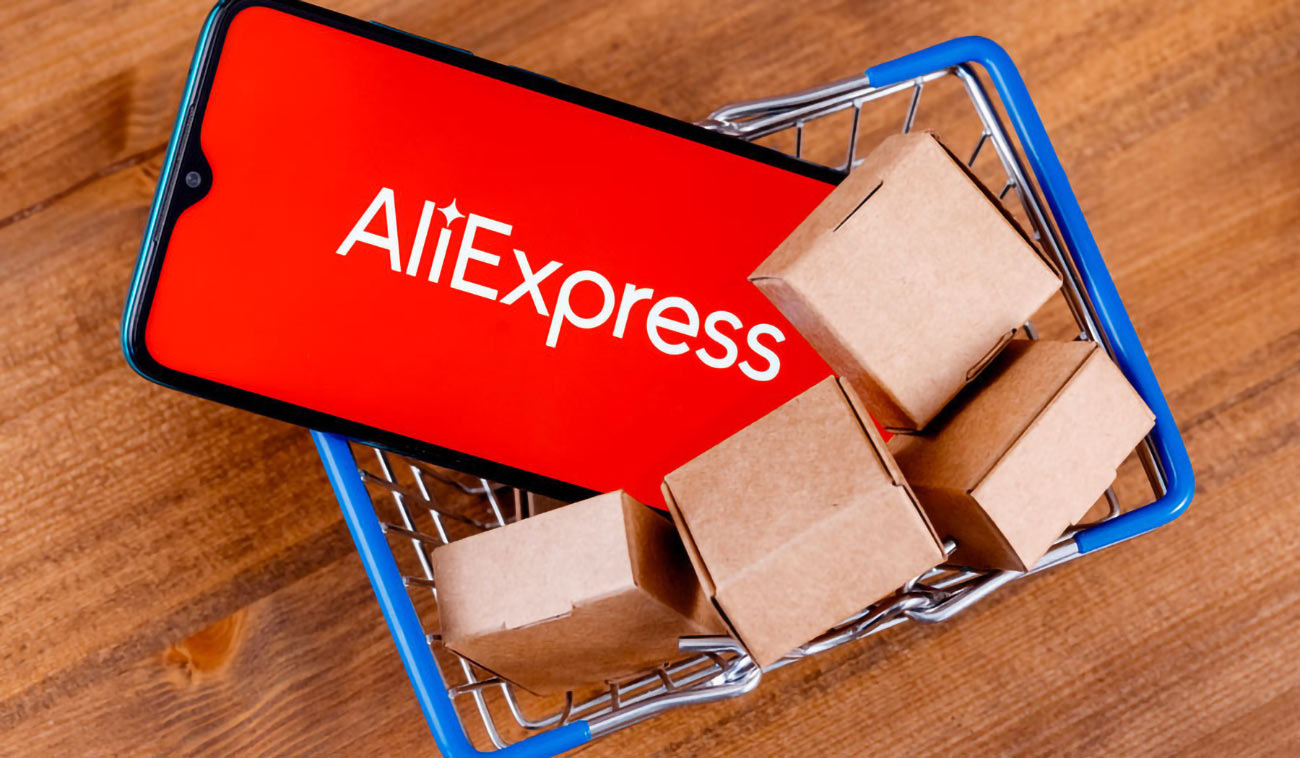Is it better to buy from high-rated or newer stores?

In today’s competitive e-commerce landscape, consumers often find themselves pondering a pivotal question: “Is it better to buy from high-rated or newer stores?” As online shopping continues to surge, understanding the nuances between established retailers and newer entrants is crucial for making informed purchase decisions. In this article, we will delve into the advantages and disadvantages of both high-rated and newer stores, explore consumer trust, product quality, and customer service, and guide you in making the best shopping choices for your needs.
The Allure of High-Rated Stores
High-rated stores, characterized by their established presence and a solid reputation, often draw consumers in with the promise of reliability and satisfaction. Here are some of the key benefits associated with purchasing from these stores:
- Proven Track Record: Established stores typically have a history of successful transactions, which can reassure customers. Ratings and reviews from previous buyers serve as a testament to their quality and service.
- Trust and Credibility: Customers tend to feel more secure shopping from businesses with high ratings. The trust built over time can influence purchasing decisions significantly.
- Better Customer Service: Established stores often have structured customer service systems in place. They may offer easier returns, exchanges, and more responsive support.
- Loyalty Programs: Many high-rated stores have created loyalty programs that reward repeat customers with discounts, exclusive offers, and early access to new products.
Understanding Customer Reviews and Ratings
When considering high-rated stores, customer reviews play a vital role. Here’s why:
- Real Experiences: Reviews provide insight into the actual experiences of previous customers. Positive reviews can create a sense of confidence in the buying process.
- Feedback on Products: Ratings often reflect the quality of specific products, helping new customers gauge what to expect.
- Ability to Spot Trends: By analyzing several reviews, consumers can spot trends regarding product performance and service quality.
The Appeal of Newer Stores
On the other hand, newer stores present a different set of advantages that may attract consumers, especially those looking for unique items or deals. Below are some compelling reasons to consider buying from these fresh entrants:
- Innovative Products: Newer stores often offer unique and innovative products that may not yet be available elsewhere, capturing niche markets and trends.
- Competitive Pricing: To build their customer base, newer stores frequently provide attractive pricing, discounts, and promotions, making it easier for shoppers on a budget.
- Personalized Shopping Experience: Many of these stores prioritize customer engagement, offering a more personalized shopping experience that can foster brand loyalty.
- Adaptation to Trends: Newer stores are often quicker to adapt to market trends, reflecting consumer preferences in their product offerings.
The Importance of Research
Despite their allure, purchasing from a newer store requires careful consideration. Here are some steps to ensure a successful experience:
- Examine Customer Reviews: Although they may not have a long history, reviews can provide insight into recent customer experiences.
- Check Return Policies: Ensure that the store has a clear return policy to protect yourself in case the product does not meet expectations.
- Investigate Customer Service: Reach out to customer service with questions before purchasing to gauge their responsiveness and helpfulness.
- Assess Online Presence: A professional and well-maintained website can be an indicator of a credible business.
Trust Factors in Online Shopping
Trust is a significant factor in the online shopping experience. Understanding how to gauge trustworthiness can influence your buying decision. Here are some critical elements to consider:
- SSL Certification: Check for a secure connection (HTTPS) to ensure that personal information is protected during transactions.
- Detailed Product Information: Established stores often provide extensive product details, including specifications, photos, and usage instructions, which can enhance buyer confidence.
- Professional Design: A professional-looking website can instill a sense of legitimacy. Be wary of poorly designed sites.
- Transparency: Trusted stores openly share information regarding shipping, pricing, and return policies, fostering a feeling of security.
Price vs. Quality Considerations
One of the toughest decisions in shopping is weighing price against quality. Both high-rated and newer stores offer varying levels of each. Here are some tips to navigate this landscape:
High-Rated Stores
- Quality Assurance: While prices may be higher, established stores often have more rigorous quality controls in place.
- Resale Value: Purchasing from reputable brands may ensure better resale value down the line if you decide to upgrade or change products.
- Warranty Benefits: Many established retailers offer warranties that cover defects, adding further value to higher-priced items.
Newer Stores
- Potential for Quality: Some newer stores focus on quality as a means to build trust and attract customers, so it’s essential to assess each product individually.
- Trial and Error: Lower prices afford consumers the opportunity to experiment with new brands without a significant financial commitment.
- Market Disruption: New brands often disrupt the market with innovative materials or designs that can rival established brands in quality.
Building a Balanced Shopping Strategy
Navigating the choice between high-rated and newer stores can be daunting, but a balanced approach can yield the best results. Consider the following strategies:
- Leverage Reviews: Combine insights from both new and established stores to make informed comparisons.
- Trial New Products: Feel free to explore newer brands while balancing purchases from trusted sources to mitigate risk.
- Stay Informed: Pay attention to emerging trends in the market. Brand reputations can change rapidly, and staying updated ensures you make timely decisions.
- Engage with Communities: Online forums and social media can provide testimonials, recommendations, and experiences from other consumers.
Final Thoughts
Choosing between high-rated and newer stores depends on a multitude of factors, including your personal preferences, product needs, and risk tolerance. Ultimately, being informed and conducting thorough research will empower you to navigate the e-commerce landscape with confidence. Whether you lean towards the reliability of high-rated stores or the fresh offerings of newer enterprises, remember that a thoughtful approach to shopping will enhance your overall experience and satisfaction with your purchases.

LINK:
When deciding whether to purchase from high-rated or newer stores, it’s essential to weigh both options carefully. High-rated stores often come with established customer trust, verified reviews, and proven reliability. Conversely, newer stores can offer competitive prices, unique products, and a chance to support emerging businesses. Ultimately, the decision should hinge on factors such as product availability, pricing, and customer reviews. Evaluating each store’s offerings and reputation is crucial for ensuring a satisfactory shopping experience. Choose wisely and consider what matters most to you in your buying journey.
FAQ
1. What are the advantages of buying from high-rated stores?
High-rated stores typically offer established credibility and a wealth of customer reviews, ensuring that you’re purchasing from a reliable source. They often have better customer service and return policies, providing peace of mind with your purchase.
2. Are newer stores reliable?
Newer stores can be reliable, but they may lack extensive customer feedback. Researching the store’s policies, looking for customer reviews, and checking their website can help assess their credibility before making a purchase.
3. Do newer stores usually offer lower prices?
Many newer stores offer competitive pricing to attract customers, making it an excellent opportunity for bargains. This can be particularly true for niche markets where established brands have less presence.
4. How can I assess a store’s reputation?
To evaluate a store’s reputation, check online reviews on platforms like Google, Trustpilot, or social media. Look for patterns in customer experiences and pay attention to feedback regarding product quality and customer service.
5. Should I prioritize ratings over product availability?
While ratings are essential, product availability also matters significantly. If a high-rated store does not have the item you need, it may be worth exploring newer options, ensuring you balance quality and necessity.



